Is your elderly cat yowling and meowing excessively?
Then you’re not alone. Many elderly cat owners report that their cats yowl for no particular reason, sometimes even at night.
Why does that happen? To an extent, some meowing is completely normal especially for elderly cats who tend to lose their senses, especially hearing as their health deteriorates.
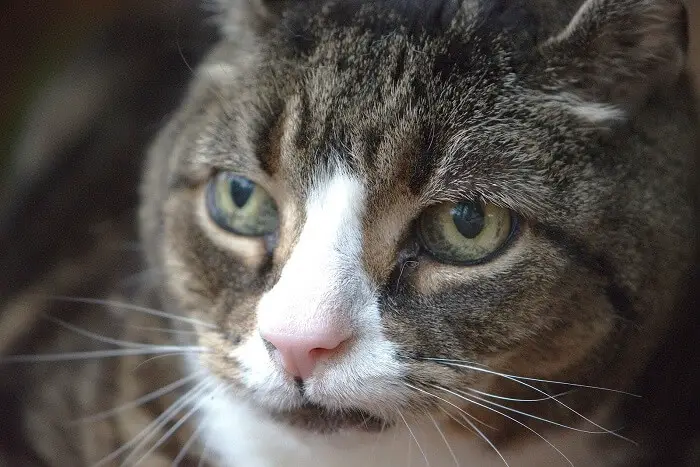
There are many reasons why your cat may yowl.
Here are some of the reasons why:
Contents
1. Illness
Unfortunately, if your cat is yowling excessively, that might not be great news.
With age come health problems, which is completely normal. But many elderly cat owners are taken aback when their beloved cat starts to meow excessively; they don’t know what to do.
Yowling can be an indication that caused by hunger, thirst, and even pain.
If your cat is also displaying other signs of illnesses, such as changes in appetite, changes in behaviour (lethargic behaviour or overly aggressive mood), then it might be time for a veterinary check-up.
Health problems can occur to cats of any age, but especially to elderly cats.
The most common diseases for elderly cats to look out for include:
- Hypertension (high blood pressure)
- Hyperthyroidism
- Central nervous system diseases (tumors)
- Dementia, confusion
2. Seeking Attention
Cats are charmers by nature. They will do everything they can to get your attention. When they’re hungry, they’ll start to meow as if they’re trying to call your name.
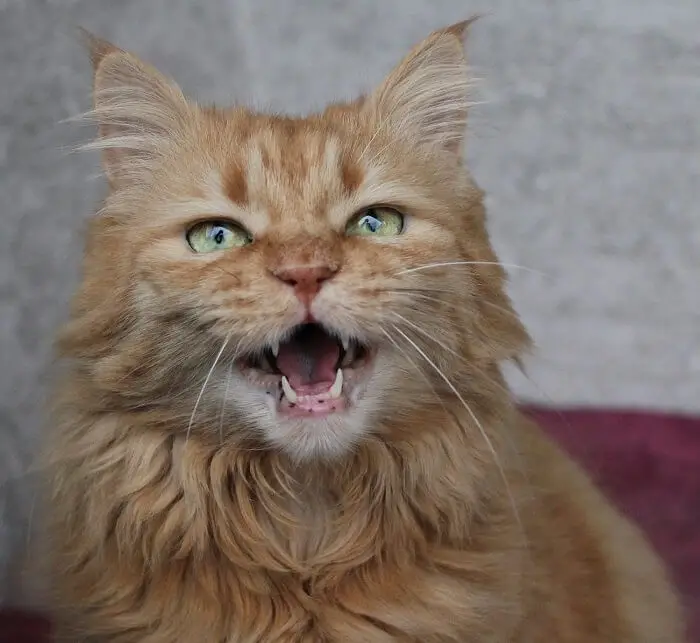
And elderly cats are especially vocal when they need attention. They are more insecure than younger felines, and are more likely to ring the bells when they need attention.
You need to spend more quality time with your cat. If you don’t, they’ll get frustrated and will start to remind you that they still exist. If this is the reason why your cat is yowling, consider yourself lucky and spend more time with them.
3. They’re in Pain
Yowling can also caused by pain that your cat may be going through.
We’re talking about physical pain. When a cat’s health deteriorates, they will start to experience diseases and conditions that are normal for elderly cats.
These include:
- Arthritis
- Dental Diseases
- GI and UTI pain
- Neurological pain
There’s a number of reasons why your cat may be experiencing pain. As they age, they are just not that agile anymore. Injuries are also a common occurrence, especially for cats with arthritis.
The pain might get so bad that they start to get vocal about it. With proper management, you might at least ease the pain and make your cat feel more comfortable. Talk to your vet about it, and he might prescribe pain medications as well as other remedies that might help.
4. Loss of Sensory Abilities
Cats are known for having sharp sensory abilities. They hearing is better than ours, as is their smelling ability.
As they age, their sensory abilities can decline sharply.
Through our experience, elderly cats will start to be vocal about this. Just like an elderly human being, they will start to yowl excessively as they are not hearing their own meowing.
It’s like an equivalent of an old person shouting as they can’t hear.
Deafness in old cats is inevitable. It occurs for over 80% of elderly cats all around the world, so your cat is by no means an exception.
In such cases, there’s not really much we can do about it. The best way to manage this issue is to comfort the cat. Cuddle with it often, spend some quality time, and cook a good meal for them.
Even if your cat has lost its sensory capabilities, it still wants to be in the centre of the attention.
5. Stress
This is quite rare, frequent yowling might be a sign that your cat is in stress.
You don’t want to put your old cat through stress, not after everything you’ve been through together!
A new pet, especially a new cat, might be a reason for the yowling. Make sure the cat is as comfortable as possible, and that they don’t have to go through stress.
What Can You Do About It?
Unfortunately, there is not much we can do to stop your senior cat from yowling.
When their health deteriorates too much, you might have to accept it. It will be hard for some time, but that’s what every cat owner has to go through.
Your best course of action is to contact your vet. They will examine your elderly cat and try to find the source of excessive meowing. Hopefully, there is still some hope for your cat and that the yowling can be dealt with.
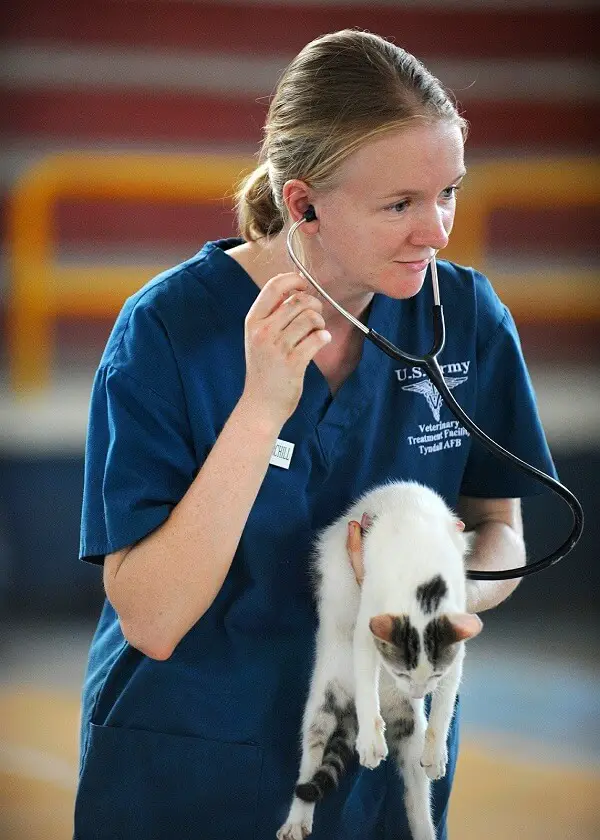
What can your vet do?
They will thoroughly examine your elderly cat and determine the source of the howling. If there is a disease or illness present, they might prescribe medications for the illness.
These medications are likely to address the symptoms, while the disease might never go away. Hyperthyroidism can be managed with medications.
In some cases, your cat might have to go through a prolonged period of treatment. Surgeries might be considered where there is still some hope. Hopefully, you can add some happy years to your cat’s life.
Senior Cat Yowling – the Bottom Line
If you are seeing your cat yowl excessively and if it’s waking you in the middle of the night, it’s something completely normal.
It happens to many elderly cats, especially when they lose their hearing or sight.
The best way to address it is to contact your vet and consult with them – hopefully, they can help you extend your cats senior years.
Also Read: How To Work Out Your Cats Age In Human Years
As an Amazon Associate I may earn a small fee from qualifying purchases at no extra cost to you. This helps us run the site, so thanks for your support!

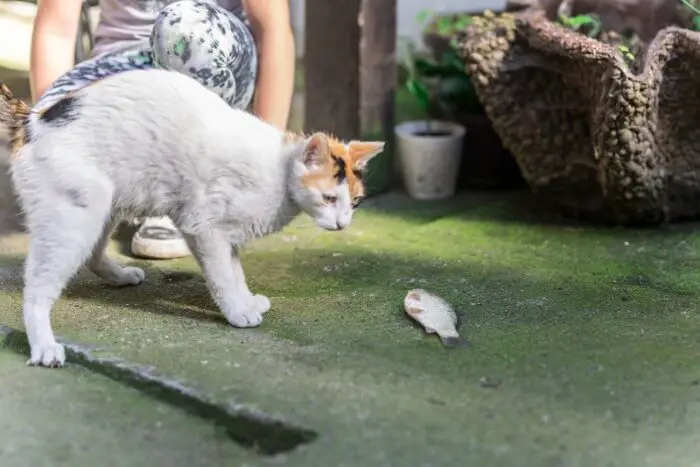
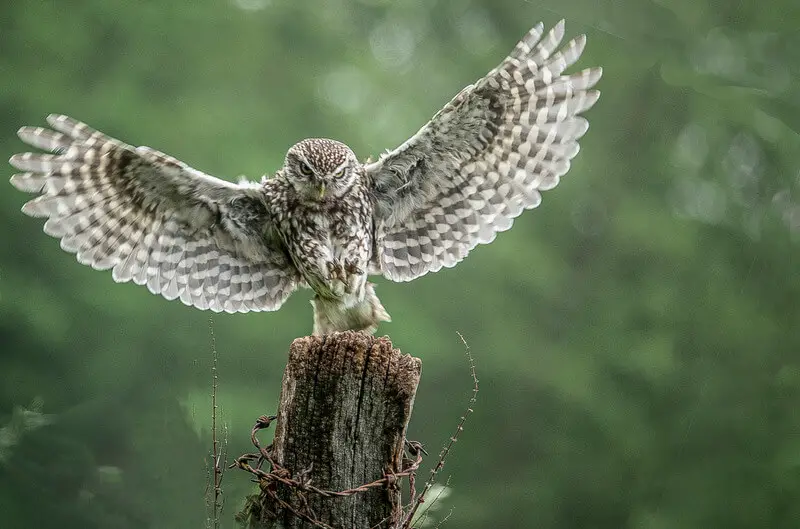
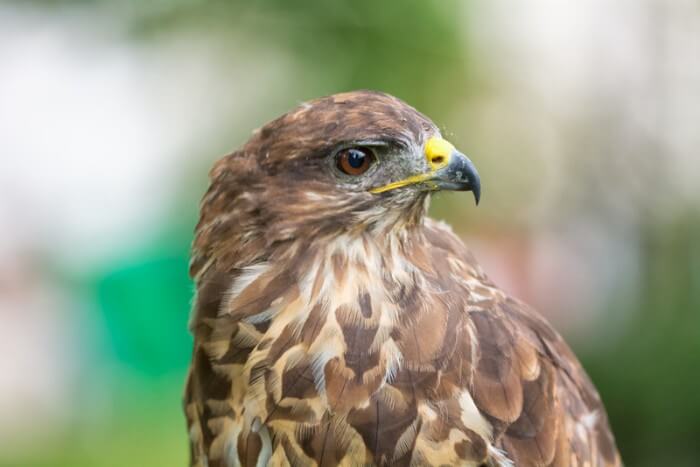
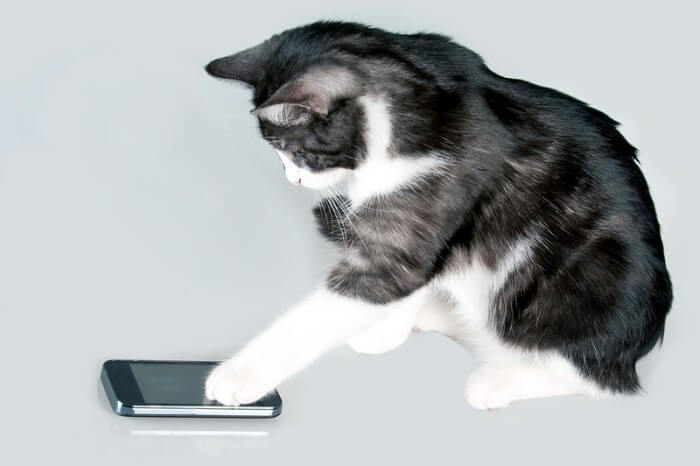
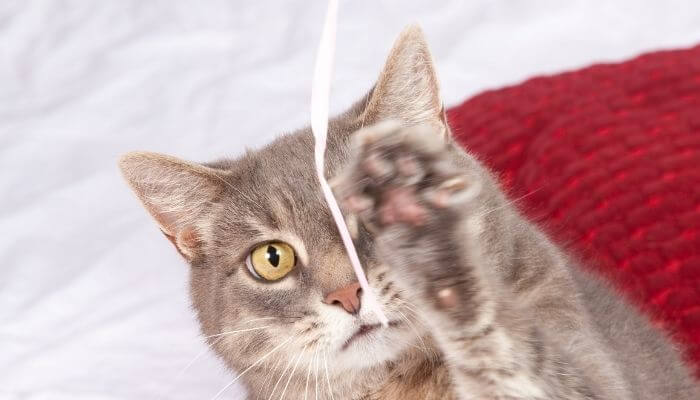
Leave a Comment